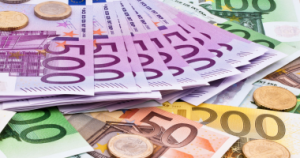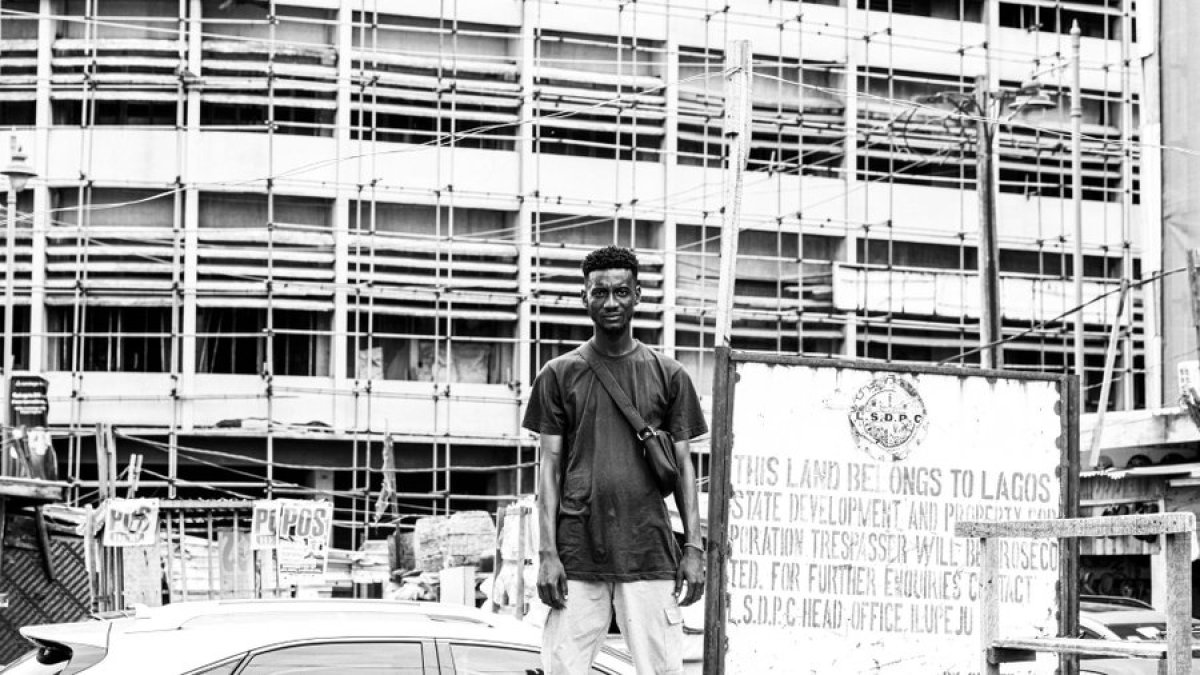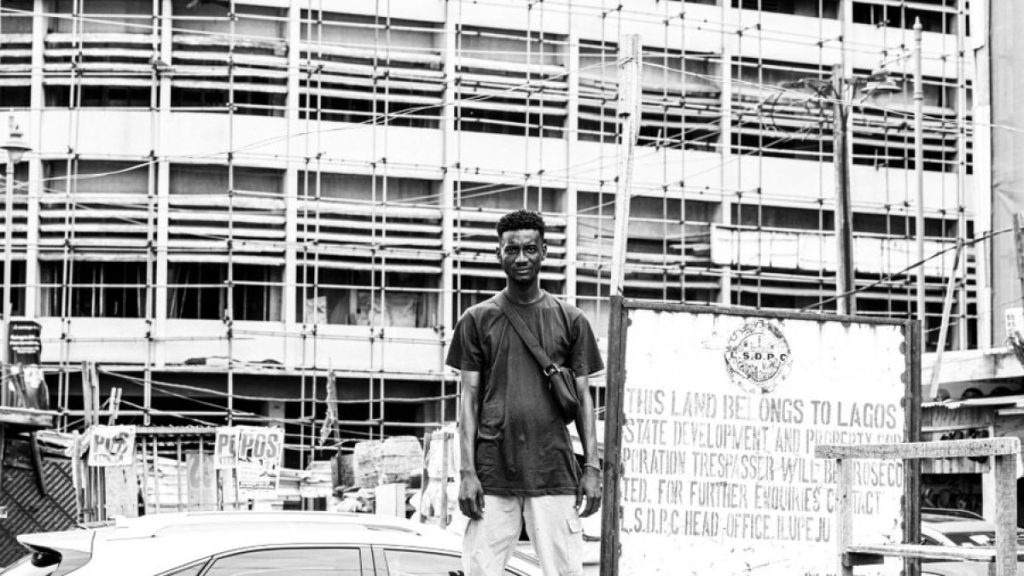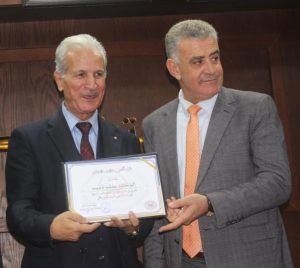In the heart of Lagos, Nigeria, amid its bustling alleys, playwright Inua Ellams was struck by a recurring phrase painted on house walls: “This house is not for sale. Beware of 419.”
The number refers to Section 419 of the Nigerian Criminal Code, which deals with fraud and unlawful acquisition of property.
Over time, this number has become a symbol of the financial fraud culture in the country, according to The Guardian.
This type of fraud often takes the form of emails promising the victim a share of a large sum in exchange for help transferring it abroad.
But in Nigeria, as Ellams explains, “419” encompasses all forms of deceit, from a child tricking their parents for more sweets to a manager embezzling company funds.
In 2013, during research for his play “Barber Shop Stories,” Ellams began exploring the roots of this phenomenon, leading to his new art project “419,” which combines photographs taken by a photographer with Ellams’ poetic writings to tell the story of money and fraud in the lives of Lagos residents.
Ellams starts with the character “Zaria,” a street boy involved in illicit trade, then moves to “Ronke,” a trader needing guidance in the local market, before the narrative escalates to include engineers, supervisors, and even a ruler, illustrating how money permeates all layers of society.
Ellams says, “419 is the oil that drives the local capitalism engine in Nigeria,” according to The Guardian.
The photos will be exhibited in the “West Wing” at Somerset House in London, accompanied by audio recordings of the poems, giving the images a lively narrative presence for visitors.
The work features a sophisticated linguistic structure, starting the poems in popular Pidgin language and gradually shifting to formal English, reflecting the characters’ movement from popular to elite classes.
In a parallel intellectual context, Ellams points out that what is classified as fraud in the West may be a means of survival in Nigeria. He says, “Every time I return to Nigeria, I realize that what we call 419 is often a necessity to survive in a country lacking a social safety net.”
He proposes a theory of the evolution of traditional gift-giving culture, where visitors were expected to bring symbolic gifts, to a “cash is king” culture, which later turned into a direct demand for money.
He adds, “I believe capitalism changed expectations from giving goods to giving money, then to demanding it.”
In concluding, Ellams clarifies that his goal with “419” is not to justify but to understand. He says, “Art is essentially a mirror. It reflects who you are and asks you to face the world. These individuals live in a different place, and that place imposes certain behavior on them. How would you act if you were in their shoes?”














Recommended for you
Talib Al-Rifai Chronicles Kuwaiti Art Heritage in "Doukhi.. Tasaseem Al-Saba"
Exhibition City Completes About 80% of Preparations for the Damascus International Fair Launch
Unified Admission Applications Start Tuesday with 640 Students to be Accepted in Medicine
Egypt Post: We Have Over 10 Million Customers in Savings Accounts and Offer Daily, Monthly, and Annual Returns
His Highness Sheikh Isa bin Salman bin Hamad Al Khalifa Receives the United States Ambassador to the Kingdom of Bahrain
Al-Jaghbeer: The Industrial Sector Leads Economic Growth